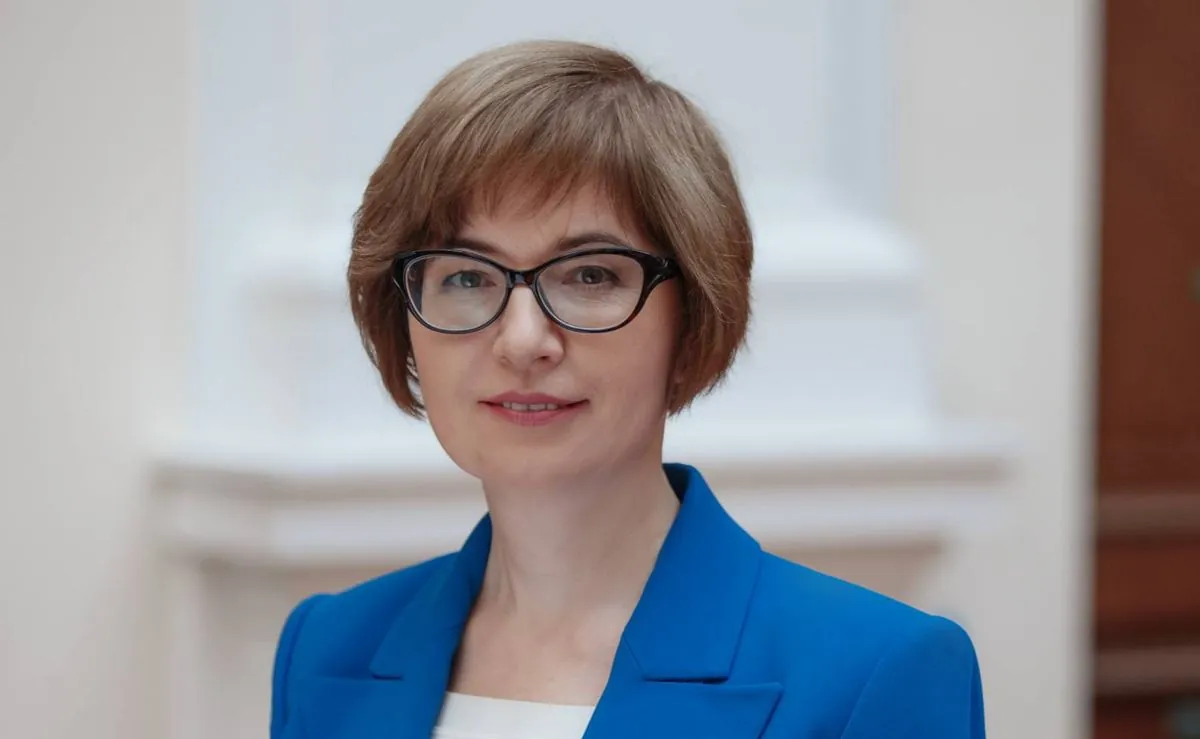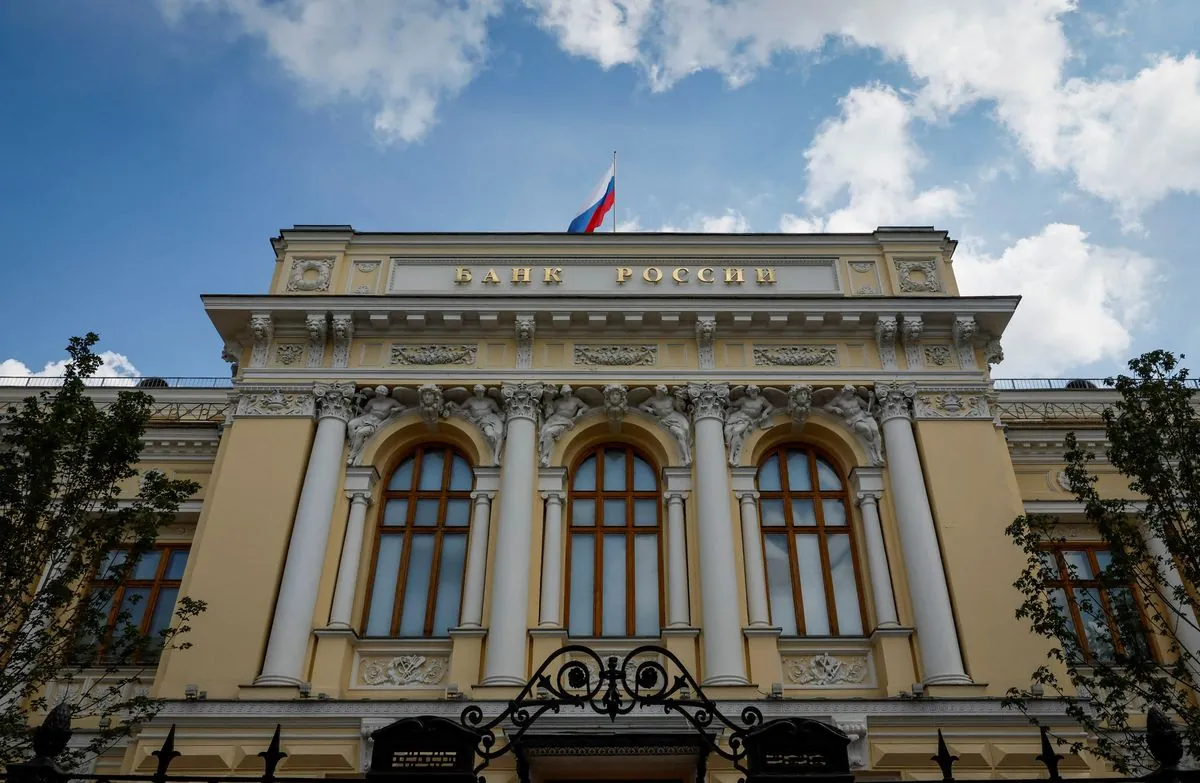Russia Appoints Sanctioned Central Bank Adviser to IMF Executive Role
Ksenia Yudaeva, under U.S. sanctions, named Russia's new IMF executive director. The former Bank of Russia official will assume the position on November 1, 2024, amid ongoing international tensions.

In a significant development in international finance, Ksenia Yudaeva, an adviser to Bank of Russia Governor Elvira Nabiullina, has been appointed as Russia's new executive director at the International Monetary Fund (IMF). This appointment comes despite Yudaeva being subject to U.S. sanctions, highlighting the complex interplay between global financial institutions and geopolitical tensions.
The announcement was made by Russia's current IMF representative, Aleksei Mozhin, who stated that Yudaeva would assume her new role on November 1, 2024. This transition occurs approximately 13 months after the initial announcement, reflecting the typical lead time for such high-level appointments in international organizations.
Yudaeva's career at the Bank of Russia has been notable. She joined the central bank concurrently with Nabiullina in 2013, serving as first deputy governor for a decade before transitioning to an advisory role in August 2023. This extensive experience in Russia's financial sector likely contributed to her selection for the IMF position.

The IMF, established in 1944 at the Bretton Woods Conference, has played a crucial role in the global financial system for eight decades. Russia became a member in 1992, following the dissolution of the Soviet Union, and has since maintained a complex relationship with the institution. As of 2024, the IMF comprises 190 member countries, with Russia holding a quota share of approximately 2.71%.
Yudaeva's appointment comes at a time when Russia's interactions with international financial institutions are under scrutiny due to ongoing geopolitical tensions. The U.S. sanctions on Yudaeva, part of a broader set of measures implemented since 2014, add an additional layer of complexity to her new role at the IMF.
The IMF, headquartered in Washington, D.C., conducts regular economic surveillance of its member countries through Article IV consultations. It remains to be seen how Yudaeva's position as a sanctioned individual might affect these processes and Russia's broader engagement with the Fund.
Russia's finance ministry has confirmed Yudaeva's nomination, underscoring the government's support for this appointment. However, as of the announcement date, neither the Bank of Russia nor the IMF had responded to requests for comment on this development.
This appointment raises questions about the intersection of international finance and global politics. As executive directors at the IMF represent either groups of countries or single large economies, Yudaeva's role will be crucial in articulating Russia's economic perspectives and interests within this influential global financial institution.


































